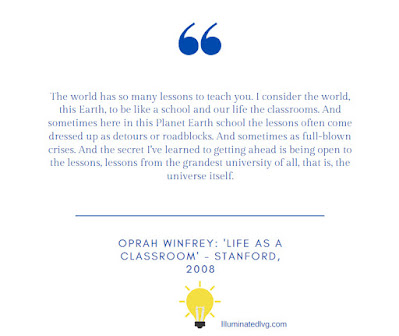Education
August 21, 2020Across the country parents, teachers and students are adjusting to a new normal every day. By now you understand 2020 is not an ordinary year. The start of the year began with a global pandemic that we are still in the throes of, businesses are closing, events are cancelled, and now we are facing temporary school closures and distant learning. Many are asking will things ever be the same again.
As we journey to new frontiers, we must not forget the important role that education plays in our nation. It is through education that America became a world leader on many fronts. We must not sacrifice our tomorrows because of what we are experiencing today. Education should always remain a priority in our society.
The Role of Education in Society
Education is the social institution through which a society teaches its members the skills, knowledge, norms, and values they need to learn to become good, productive members of their society. As this definition makes clear, education is an important part of socialization. Education is both formal and informal. Formal education is often referred to as schooling, and as this term implies, it occurs in schools under teachers, principals, and other specially trained professionals. Informal education may occur almost anywhere, but for young children it has traditionally occurred primarily in the home, with their parents as their instructors. Day care has become an increasingly popular venue in industrial societies for young children’s instruction, and education from the early years of life is thus more formal than it used to be. One of the most important effects education has on society is giving the people who live in a society the skills they need to compete in the global marketplace, and the skills they need to produce technological goods that can be sold on the open market. Read More The Borgen Project ( The Top 10 Effects Education Has On Society)
History of Education in America
Education in early America was hardly formal. During the colonial period, the Puritans in what is now Massachusetts required parents to teach their children to read and required larger towns to have an elementary school, where children learned reading, writing, and religion. In general, though, schooling was not required in the colonies, and only about 10% of colonial children, usually just the wealthiest, went to school, although others became apprentices (Urban, Jennings, & Wagoner, 2008).Urban, W. J., Jennings L., & Wagoner, J. (2008). American education: A history (4th ed.). New York, NY: Routledge.
11 FACTS ABOUT THE HISTORY OF EDUCATION IN AMERICA via American Board
Education Reform
Illuminated Bookshelf | In her book, An Unfinished Journey: Education & the American Dream, Center for Education Reform Founder and CEO Jeanne Allen, writes that our “nation’s economy and workforce, its culture and stewardship of its past” and the “functionality of its democracy” are dependent on “how we as a nation prepare our youngest citizens for their future.
I believe in the best of us. I believe that at our core we are equipped to overcome adversity and we can do hard things. One of those hard things is designing an education that serves all for the benefit of all. Education is a pathway to freedom and a bridge to brighter tomorrows.
Let’s build a better nation together with education.
As always, thank for reading Illuminated Living where together we shine.


No comments:
Post a Comment